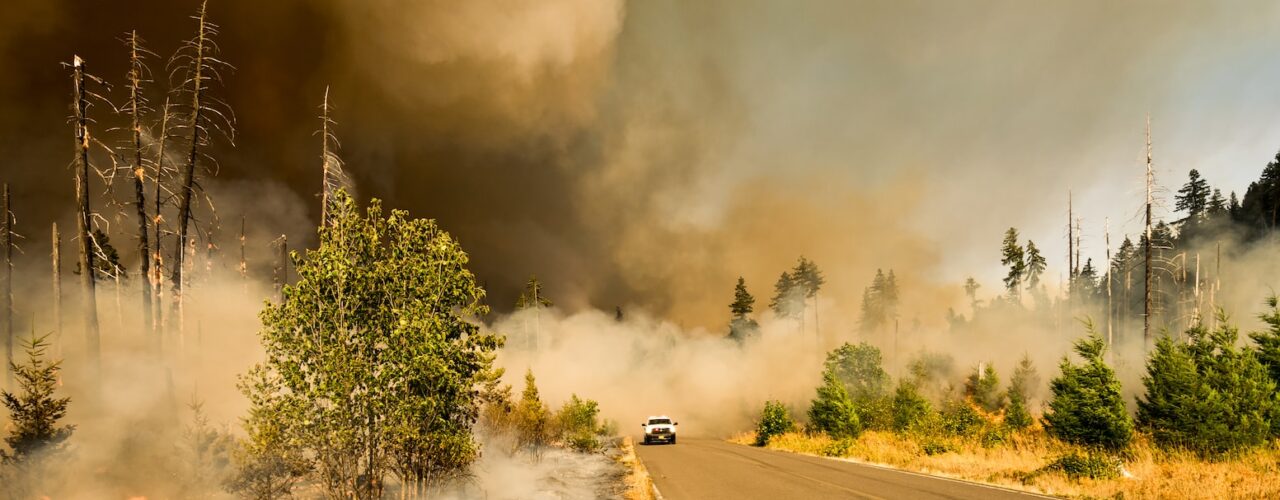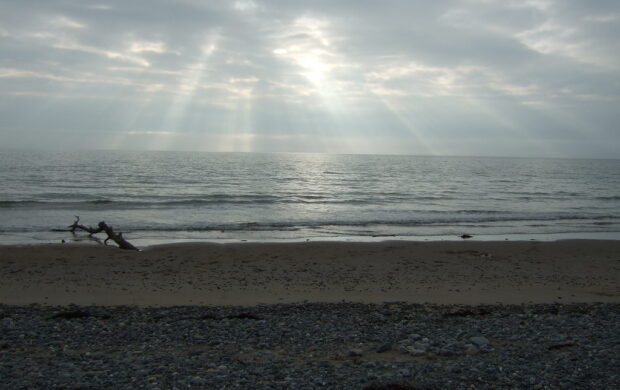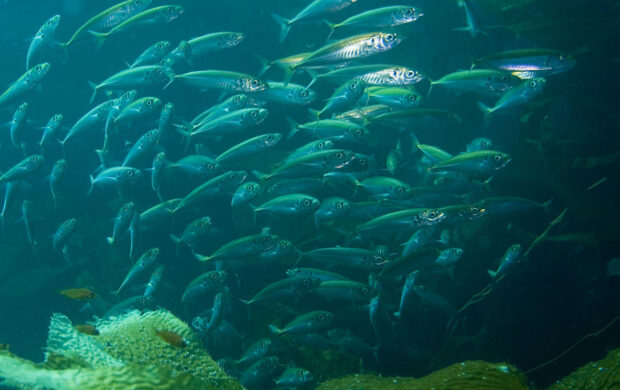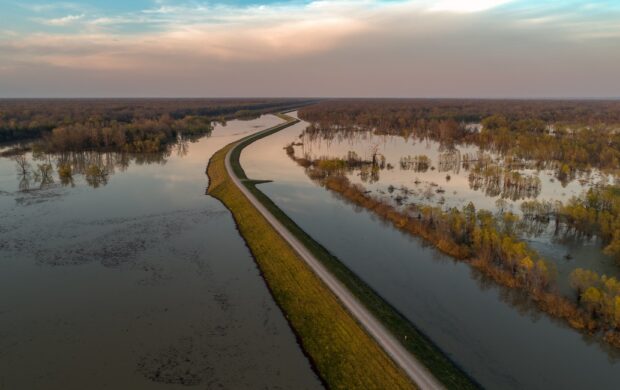Summer 2022 showed us all how the climate crisis has made extreme weather a part of everyday life. In just the past 2 weeks, some of the worst damage took place in Pakistan where floods submerged more than a third of the country and killed at least 1,300 people. In the United States, a heat wave on the West Coast sent temperatures soaring above 110 Fahrenheit. Floods hit Bengaluru, India’s tech capital, which forced workers to ride boats and tractors to commute safely. Another heatwave in Europe sent temperatures in Britain to a record 104 degrees Fahrenheit.

“Some of these events have no historical comparisons from 200 years ago,” NYT Climate Change correspondent Raymond Chong says.
So what?
Rising temperatures create the circumstances for more frequent and more intense heat waves. Prolonged heat causes more frequent and intense droughts and wildfires. As it gets warmer, more water evaporates from the oceans – leading to more moisture in the air, and then heavier rainfall, floods and landslides.
Many people refer to this as a “new normal.” However, experts push back on this characterization. They argue that calling it “normal” suggests we have reached some sort of plateau. “It’s very much getting worse,” says Kim Cobb, the director of the Institute for Environment and Society at Brown University. “Past and future emissions will continue to heat up the planet over the next couple of decades, leading to even more disasters. That doesn’t mean the world is helpless,” she adds.
In the short term, humans can mitigate disasters through adaptation – using better forest management to reduce wildfire risk, for example, or building infrastructure that is more resilient to heavy rainfall and flooding. And each year may not automatically be worse than the year before.















Join discussion